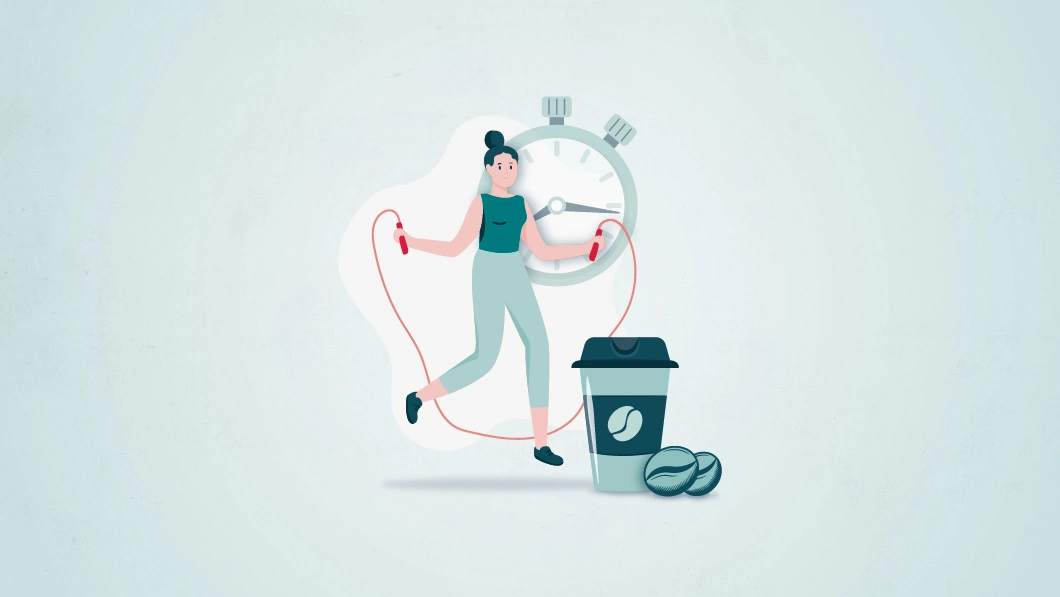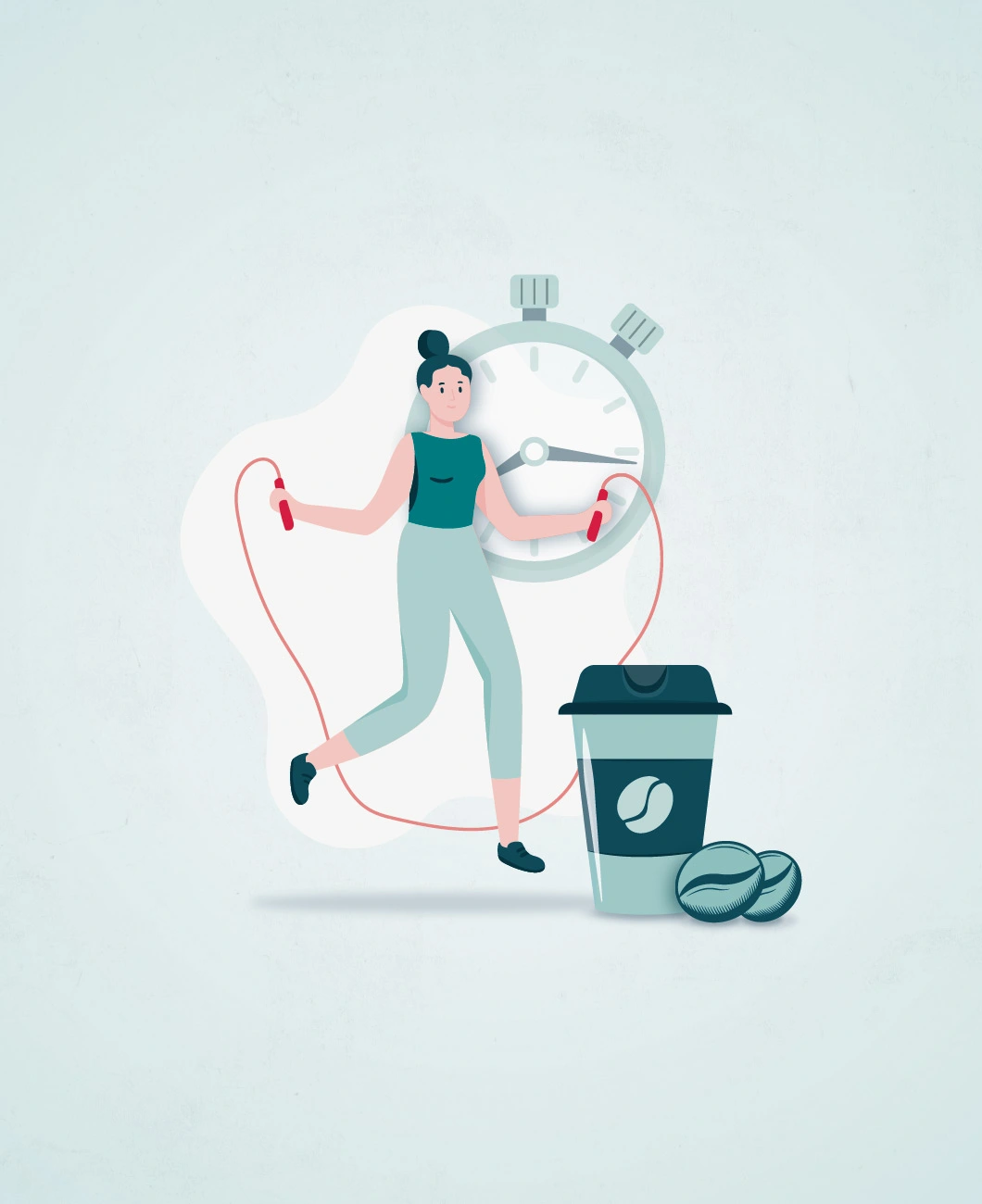Caffeine and it’s Effect on Training
What is caffeine?
Caffeine is an alkaloid, a chemical substance, derived from xanthine present in various foods, in which its main actions occur on the Central Nervous System. Although present in different foods, it has no calorific value and the quantity of caffeine may vary according to its preparation and form of consumption.
Caffeine is absorbed mainly via the gastrointestinal tract, and as such, the peak concentration of caffeine may vary according to the gastric emptying rate.
Its metabolisation occurs in the liver and is mostly eliminated through the urine, with variations according to body weight, gender, age, genetics, hydration and the presence of medication. Pregnancy and the presence of alcohol delay its metabolisation, while the tobacco consumption and physical exercise increase it.
Effects of caffeine
In recent years, studies have shown that caffeine has several effects on sports practice. There are mechanisms that trigger metabolic and physiological changes, causing effects in medium-and long-term exercises.
Since one of the main actions of caffeine is on the Central Nervous System, one of the effects is to stimulate and increase the level of alertness, attention, concentration and to reduce the feeling of tiredness and perception of effort, delaying the appearance of fatigue during physical effort.
Peripherally, there seems to be a connection between fat oxidation, caused by caffeine, and physical performance. It has been shown that the increase in free fatty acids, through lipolysis, decreased glycogen use, allowing muscle glycogen reserves to be maintained at adequate levels. However, this benefit doesn’t seem to be relevant in short, high-intensity exercises.
It has also been observed in some cases that the caffeine ingestion decreases the plasma Potassium levels during exercise, favouring muscle excitation-contraction and consequently delaying fatigue. It is still important to understand whether this effect is caused by a decrease in the release of potassium by the muscle or a greater clearance in plasma.
Food sources
One of the most known sources of caffeine is coffee, which is not the only food that contains it. It can be found in black tea, green tea, soft drinks with caffeine (for example: Coke and Pepsi), dark chocolate, energy drinks (for example: Red Bull).
In addition to these options, caffeine can also be found in other foods and supplements, such as energy bars, caffeine gels, caffeine-enriched waters and capsules/pills.
Although it seems to have effects on delaying fatigue and consequently increasing training performance and improving the results presented in the long term, it is always important to know the context of the physical exercise, body composition, clinical history and if there is the presence of coffee consumption habits. Nutritionist, Jacinta Mendes 3341N
Stop using paper in your Gym! ![]()
Innovate your Reservations method! ![]()
Optimise your Team's productivity! ![]()
Simplify Nutrition Monitoring! ![]()
Increase Retention Rate! ![]()


![]() Stop using paper in your Gym!
Stop using paper in your Gym!
![]() Innovate your Reservations method!
Innovate your Reservations method!
![]() Optimise your Team's productivity!
Optimise your Team's productivity!
![]() Simplify Nutrition Monitoring!
Simplify Nutrition Monitoring!
![]() Increase Retention Rate!
Increase Retention Rate!

![]() Stop using paper in your Gym!
Stop using paper in your Gym!
![]() Innovate your Reservations method!
Innovate your Reservations method!
![]() Optimise your Team's productivity!
Optimise your Team's productivity!
![]() Simplify Nutrition Monitoring!
Simplify Nutrition Monitoring!
![]() Increase Retention Rate!
Increase Retention Rate!





